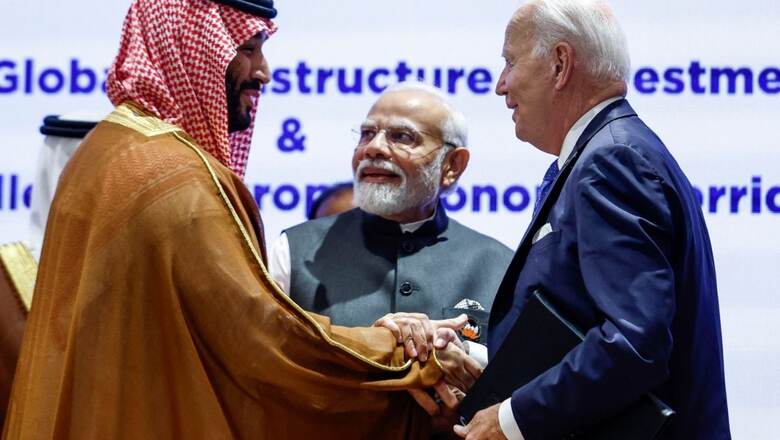
views
Xi Jinping’s conspicuous absence from the G20 summit, which seemed aimed at undermining India’s role as the host, actually led to a more effective counterstrategy by the G20. This was led by Prime Minister Narendra Modi, as well as President Joe Biden of the United States, in countering China’s global influence.
Other G20 member nations applauded India’s accomplishment in reaching a consensus on a joint communiqué. Just 12 hours before, when Amitabh Kant addressed the international media on Friday evening, there was no sign of a consensus on the joint statement. Beyond finding common ground on the challenging issue of Russia’s war in Ukraine, the summit also elevated the African Union to full G20 membership and took actions on critical matters like climate change and debt sustainability, aligning with the priorities of emerging markets.
While the final outcome may have disappointed Ukraine, which perceived the compromise regarding the war as weaker than what had been produced just 10 months earlier in Bali, Indonesia, for the US and its allies, this was a small price to pay. The reason is simple: it provided PM Modi with a significant win that enhances India’s status as a rising power capable of countering China’s global influence.
US President Biden played a leading role in championing this approach, recognising India as the best opportunity to isolate China and Russia while strengthening the US-led world order. The result demonstrated that Washington has finally become more adept at engaging with the language and priorities of the Global South, with India serving as its principal guide.
While some commentators have noted the softened language in the communiqué regarding Russia-Ukraine as a “climbdown”, by the West, there is an alternative perspective: The West was equally invested in ensuring India’s success. A failure to reach consensus would have been a significant disappointment for India. In this context, the West’s willingness to compromise on certain issues was a strategic move to bolster India’s position on the global stage.
A pivotal moment underscored the dynamics of the summit. President Biden had a photograph alongside World Bank President Ajay Banga, Prime Minister Modi, Luiz Inacio Lula da Silva of Brazil, and Cyril Ramaphosa of South Africa – key members of the BRICS coalition, excluding China and Russia. The recent expansion of this bloc posed a challenge to the Group of Seven (G7) advanced economies. America was going the extra mile to engage with the Global South.
The G20 didn’t limit its efforts there. It separately unveiled an agreement with India, the European Union, Saudi Arabia, the US and other Middle Eastern nations to develop an ambitious rail and maritime network across the region. President Biden hailed this as a “game-changing investment”. The picture of Modi bang in the middle of Biden and Mohammad Bin Salman (MBS) captured the mood of the room. There was a three-way handshake involving Biden, Modi and MBS. Biden had previously called MBS a “pariah” leading up to the last American election. Such agreements like the corridor are more likely to resonate with Middle East interests compared to focusing solely on human rights concerns.
While the United States denied that the initiative aimed to counter China’s growing influence in the Gulf, it was quite obvious that this was designed to provide competition for Xi Jinping’s Belt and Road Initiative (BRI).”I want to see China succeed economically,” President Biden emphasised to reporters during his visit to Hanoi, Vietnam, following the G20 summit. “But I want to see them succeed by the rules.”
Xi Jinping’s decision to skip the G20 summit, the first such absence since he assumed the presidency in 2013, marked a notable shift in behaviour compared to his stance in the previous G20 when he emphasised the need to “get along with other countries”. China’s negotiators appeared petty by taking a stand on seemingly minor issues, such as Prime Minister Modi’s use of the phrase Vasudhaiva Kutumbakam and America’s bid to host the G20 in 2026. Adding to Beijing’s challenges, Italian Prime Minister Giorgia Meloni reportedly informed Premier Li Qiang on the sidelines of the summit about Italy’s intentions to withdraw from the BRI while still seeking to maintain friendly relations.
India received accolades from various quarters for its adept role in brokering a compromise. Foreign Minister Jaishankar disclosed that the breakthrough emerged when India, Indonesia, Brazil, and South Africa collaboratively presented a proposal regarding the language used to describe the war. The consensus achieved in this manner underscores India’s growing reputation as a reliable and trustworthy mediator in a world often marked by sharp divisions on geopolitical matters, most notably the conflict in Ukraine.
All in all, the Delhi summit will go down in history for rescuing the G20 from going the way of the United Nations which has become a toothless body. The Delhi G20 also ensured that the current world order remains the way it is, for however long it can be preserved.










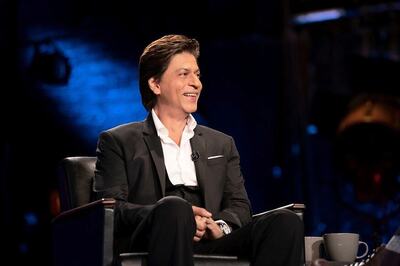
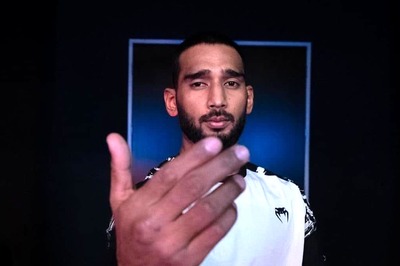
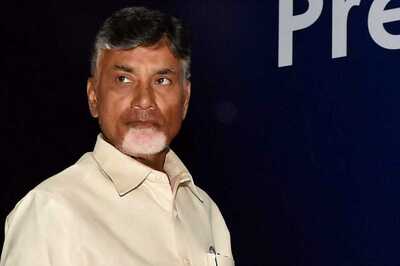
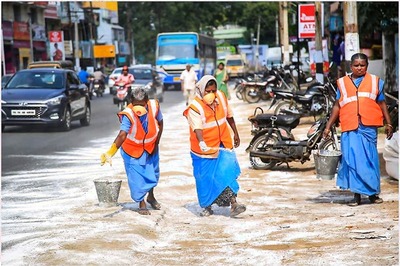






Comments
0 comment